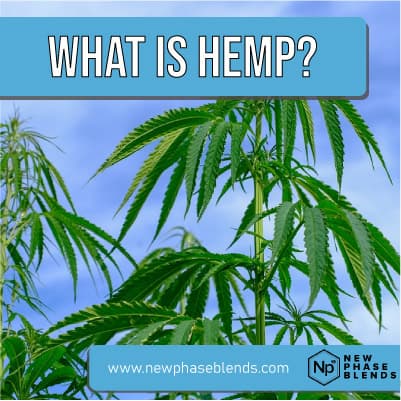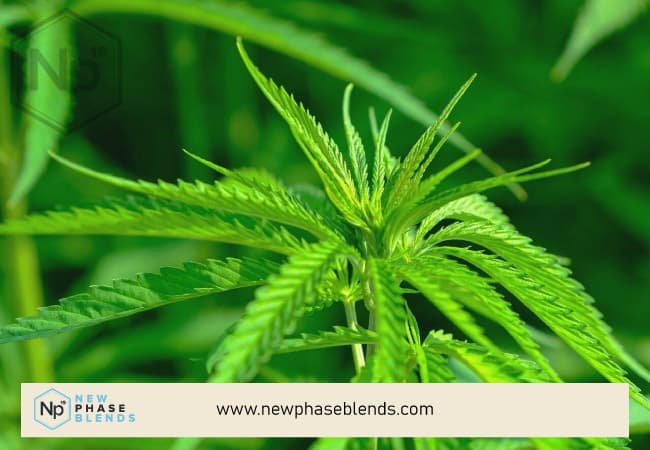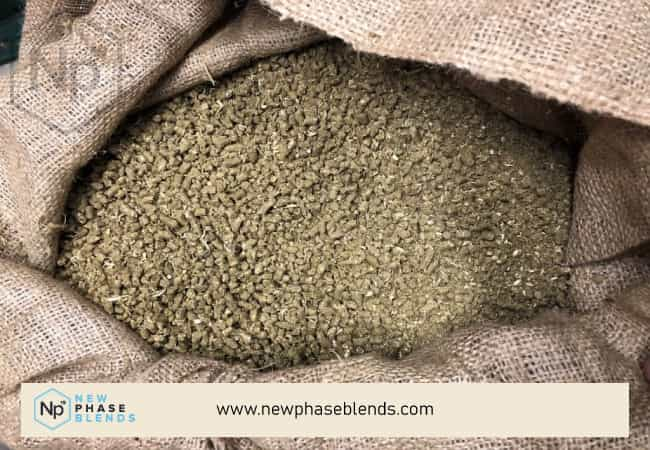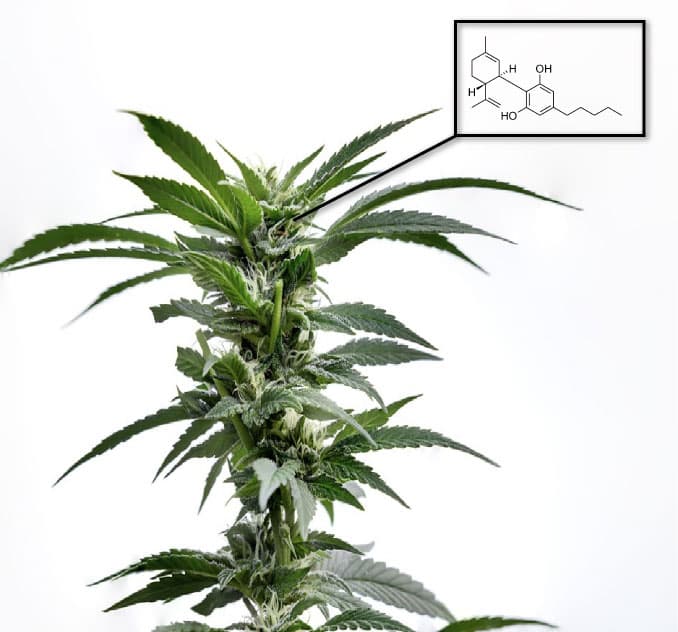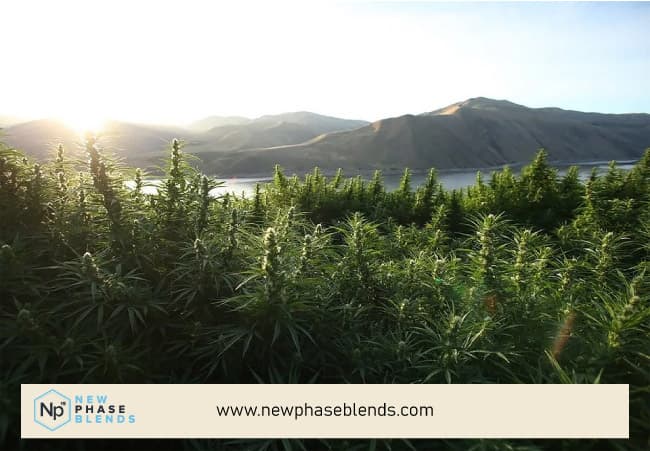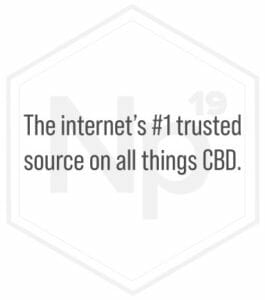Hemp – a versatile, eco-friendly, and nutritious plant with a rich history that dates back thousands of years. Despite its controversial reputation due to its association with marijuana, hemp has a myriad of applications, ranging from textiles and construction materials to health-promoting food products. So, what is hemp, and how does it differ from marijuana? Join us on this journey to explore the fascinating world of hemp, its uses, benefits, and the challenges and opportunities that lie ahead.
Key Takeaways About Hemp
- Hemp is a Cannabis sativa cultivar with low THC content, suitable for various industrial and medicinal uses.
- Hemp offers sustainable alternatives to conventional materials, providing energy-efficient building solutions and durable textiles.
- Cultivating hemp presents challenges due to legal barriers but also opportunities from its environmental benefits and vast market potential.
Understanding Hemp: Origins and Characteristics
Hemp is a botanical class of Cannabis sativa cultivars. It has been cultivated for various uses, particularly industrial and medicinal, for thousands of years. The cannabis plant is versatile and adaptive, capable of producing a wide range of commercial and industrial products, such as:
- rope
- textiles
- clothing
- shoes
- food
- paper
- bioplastics
- insulation
- biofuel
All derived from cannabis seeds and other parts of the cannabis plants.
One might wonder about the difference between hemp and its infamous cousin, marijuana. The distinction primarily lies in their tetrahydrocannabinol (THC) content – the compound in marijuana responsible for its psychoactive effects.
Botanical Classification
Specifically cultivated for industrial and nutritional benefits, hemp is a member of the Cannabis sativa species. Although both hemp and marijuana belong to the same species, they have distinct uses and THC content. While marijuana plants contain elevated levels of THC, hemp contains only minimal amounts of this psychoactive compound, rendering it non-intoxicating and suitable for various industrial applications.
The use of hemp has expanded to various industries, including:
- Textiles
- Clothing
- Building materials
- Paper production
- Food and nutrition
This growing interest in hemp products has also fueled the movement to legalize cannabis for both recreational and medicinal purposes.
THC Content
THC, the psychoactive compound commonly found in marijuana, is present in significantly lower concentrations in hemp plants. Hemp contains less than 0.3% THC, which makes it non-intoxicating and suitable for various industrial purposes, such as textiles, building materials, and paper production.
The minimal THC content in hemp, compared to marijuana, facilitates its use in various applications without any psychoactive implications.
Industrial Hemp Applications
Industrial hemp, a variant of the industrial hemp plant (Cannabis sativa), possesses a vast array of applications, owing to its strong fibers and environmentally friendly properties. Some of the potential uses of hemp include:
- Textiles and clothing
- Building materials
- Paper production
- Biofuel
- Food and nutrition products
- Cosmetics and personal care products
Hemp has the potential to revolutionize several industries, reducing our reliance on non-renewable resources and promoting sustainability.
Diving into the diverse sphere of industrial hemp applications, we can explore the transformation of hemp fibre into environmentally friendly materials.
Textiles and Clothing
Extracted from the stalks of the Cannabis sativa plant, hemp fibers offer a sustainable alternative to conventional materials like cotton and are used in the production of a wide array of textile products. The process for creating textiles and clothing materials from hemp fiber involves several stages, including:
- Harvesting the hemp plant
- Separating the fibers from the stalks
- Refining the fibers for spinning into yarn
- Weaving the yarn into fabric
Known for their durability, strength, and resistance to wear and tear, hemp-based textiles and clothing promise longevity with appropriate care. By incorporating hemp fibers into textiles and clothing, we can promote a more sustainable and eco-friendly future.
Building Materials
Hemp-based building materials, such as hempcrete, provide energy-efficient and environmentally friendly options for construction projects. Hemp fibers can be transformed into:
- Wood substitutes for construction
- Wall/ceiling paneling
- Flooring
- Thermal and acoustic insulation
Composite panels for automobiles can also be manufactured from a mixture of hemp fiber and other materials. Several car manufacturers, such as Audi, BMW, Ford, GM, Chrysler, Honda, Iveco, Lotus, Mercedes, Mitsubishi, Porsche, Saturn, and Volvo, utilize hemp in their vehicles.
Adopting hemp-based building materials could steer the construction industry towards a greener and more sustainable future.
Paper Production
Requiring less water, land, and pesticides to grow, and yielding more fiber per hectare, hemp paper presents a more durable and sustainable alternative to conventional paper. The process of creating hemp paper involves separating the pulp from the hemp fibers, soaking the pulp in water to create a pulp slurry, and forming the slurry into sheets using a deckle and mold.
Hemp paper is renowned for its durability and strength, as well as its higher chemical and mechanical stability, making it an ideal choice for printed items that require longevity. Although hemp paper production is currently limited due to high costs and lack of infrastructure, its potential to revolutionize the paper industry is undeniable.
Hemp in Food and Nutrition
Hemp is not only a versatile industrial material but also a valuable source of nutrition, providing essential amino acids, vitamins, and minerals through its seeds, oil, and protein. As the world continues to seek healthier and more sustainable food sources, hemp has emerged as a promising candidate that can cater to a variety of dietary needs and preferences.
Exploring the nutritional benefits of hemp seeds, oil, and protein, we can identify methods to incorporate them into our daily diets.
Hemp Seeds
Packed with protein, fiber, and healthy fats, hemp seeds offer approximately 166 calories, 9.47 grams of protein, 14.6 grams of fat, 2.6 grams of carbohydrates, 1.2 grams of fiber, and 0.45 grams of sugar per 30-gram serving. They can be consumed raw, sprouted, or ground into a meal, and added to various dishes, such as smoothies, cereal, salads, yogurt, soups, stews, baked goods, and pasta.
Inclusion of hemp seed and hemp seeds in your diet not only enhances your nutritional intake but also fosters a more sustainable food system.
Hemp Oil
Hemp oil, derived from the hemp plant, is high in unsaturated fatty acids and can be used for a variety of purposes, such as cooking, skincare, and as a dietary supplement. The process of extracting hemp oil typically involves using a liquid solvent, such as ethanol or alcohol, to draw out the cannabinoids from the plant, followed by solvent evaporation, leaving behind the hemp oil. With the growing popularity of hemp oils, it’s essential to understand the extraction process and benefits of this versatile product.
Hemp oil is rich in alpha-linolenic acid (ALA) and stearidonic acid (SDA), which have been shown to provide numerous health benefits, including:
- Improved heart health
- Reduced inflammation
- Enhanced brain function
- Improved skin conditions
- Balanced hormone levels
- Boosted immune system
By incorporating hemp oil into our lives, we can enjoy its nutritional and therapeutic benefits while supporting a more sustainable future.
Hemp Protein
For those seeking plant-based protein alternatives, hemp protein offers a complete amino acid profile, making it an ideal option for vegans and vegetarians.
Benefits of hemp protein powder include:
- Approximately 15 grams of protein per 30-gram serving
- Approximately 5 grams of fiber per 30-gram serving
- Nutritious addition to smoothies, shakes, and other recipes
As we strive to adopt more sustainable and health-conscious diets, hemp protein stands out as a promising and eco-friendly source of essential nutrients.
Hemp-Derived CBD Products
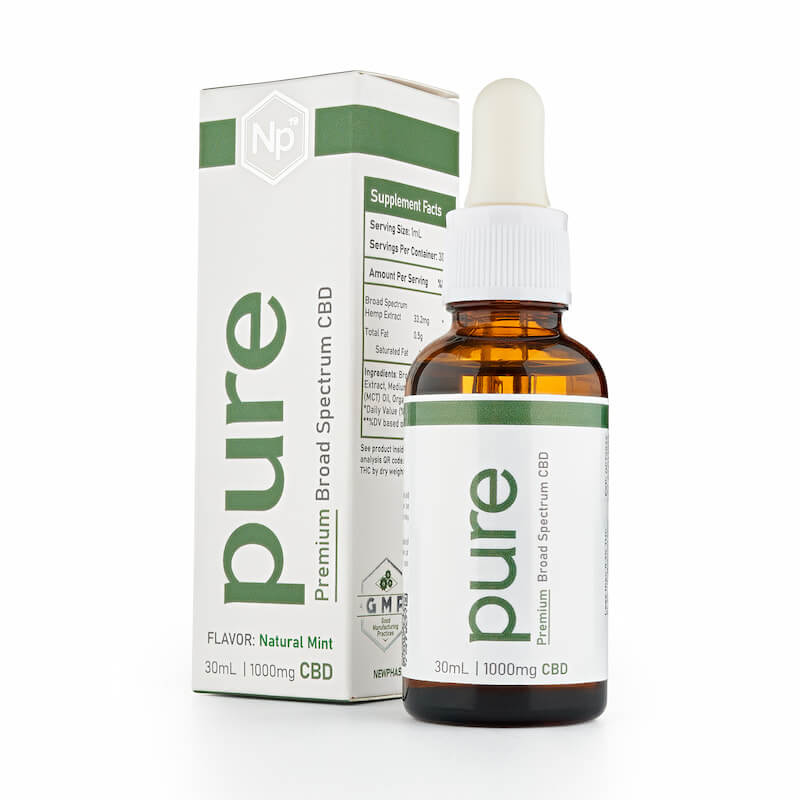
The rise of hemp-derived CBD products has garnered significant attention, as they are believed to offer potential health benefits without the psychoactive effects associated with marijuana. However, the legal status and efficacy of these products remain under debate, with some jurisdictions allowing their use while others impose strict regulations.
This section will delve into the extraction process of hemp-derived CBD products, their potential health benefits, and their legal status.
CBD Extraction
CBD is extracted from hemp plants and may contain trace amounts of THC, which can affect its legal status and potential health risks. The process of CBD extraction from hemp can be accomplished through a variety of methods, such as solvent extraction, CO2 extraction, and CBD oil infusion, with the supercritical CO2 extraction method yielding the highest level of purity.
Ensuring thorough purification of CBD extracts during the extraction process to eliminate any residual THC is crucial, as the THC levels in CBD extracts directly affect their legal status.
Potential Health Benefits
CBD has shown promise in treating various health conditions, such as:
- arthritis-related pain
- chronic pain
- anxiety
- inflammation
- certain psychiatric conditions
However, more research is needed to fully understand the benefits and potential side effects of CBD, as well as to determine the most effective dosages and forms of administration.
Although hemp-derived CBD products provide potential alternative treatments, it’s crucial to use them cautiously and seek guidance from healthcare professionals.
Legal Status
The legal status of hemp-derived CBD products varies by country and state, with some jurisdictions allowing their use while others impose strict regulations. In the United States, 47 of the 50 states and the District of Columbia permit the use of hemp-derived CBD products, although certain states may have specific regulations or limitations concerning their use.
In contrast, hemp-derived CBD products are completely prohibited in certain countries, such as Belarus, Russia, and Ukraine. As the landscape for hemp-derived CBD products continues to evolve, it is crucial to stay informed on local regulations and legal requirements.
Cultivating Hemp: Challenges and Opportunities
Cultivating hemp presents both challenges and opportunities for farmers and the environment, as legal barriers, environmental concerns, and market potential must be considered. As the global demand for sustainable and eco-friendly products grows, hemp cultivation is poised to play a significant role in various industries.
This section will examine the challenges and opportunities tied to hemp cultivation and its impacts on the environment and economy.
Legal Barriers
Legal restrictions on hemp cultivation have hindered its growth in some regions, but recent changes in legislation, such as the 2018 Farm Bill in the United States, are opening up new opportunities for farmers. In the European Union, hemp cultivation is legal and regulated, with several countries, including France, Poland, and Romania, implementing hemp production. However, in some jurisdictions, hemp may still be considered a prohibited and noxious weed due to its rapid and dense growth characteristics.
Though the complex legal landscape of hemp cultivation presents challenges for farmers, the increasing awareness and support for hemp’s benefits bode well for the future.
Environmental Impact
Hemp is an environmentally friendly crop that offers several benefits:
- It requires fewer resources and pesticides than traditional crops, making it a sustainable option for agriculture.
- Hemp plants are resilient and drought-resistant, thriving in various soil and climate conditions.
- Additionally, hemp plants can help control weeds, such as thistle, through their dense growth.
Hemp cultivation enables farmers to contribute towards a more sustainable and environmentally-friendly agricultural system.
Market Potential
The market potential for hemp products is vast, with applications in various industries, including:
- Textiles
- Construction
- Food
- Wellness
The current global market size for hemp products is estimated to be around USD 4.74 billion in 2022, with projections indicating that it could reach USD 31.98 billion by 2030.
With the burgeoning demand for sustainable and eco-friendly products, the hemp industry is set for substantial growth in the years to come, presenting both opportunities and challenges for farmers and businesses.
Summary
In conclusion, hemp is a versatile, eco-friendly, and nutritious plant with a rich history that dates back thousands of years. As we continue to seek sustainable alternatives in industries such as textiles, construction, food, and wellness, hemp offers a wealth of potential solutions. By embracing the diverse applications of hemp and overcoming the challenges associated with its cultivation, we can pave the way for a greener and more sustainable future.
Frequently Asked Questions We Get About the Hemp Plant
Since CBD became legal in the United States, people have been asking a lot of questions about hemp. I mean, a lot. We do our best to answer some of the more frequently asked questions about hemp below.
Is hemp and Marijuana the same?
No, hemp and marijuana are not the same. Hemp contains very little THC (the psychoactive component) whereas marijuana does have a much higher percentage of this compound, creating the “high” associated with it. Read about this distinction in our article about hemp vs marijuana.
What is hemp and why is it illegal?
Hemp is a cannabis derivative, making it a Schedule 1 controlled substance and thus illegal due to the War on Drugs. The DEA classifies hemp in the same species plant as prohibited cannabis, regardless of its lower THC yield.
Is hemp good or bad for you?
Hemp is a nutritious food source that is rich in vitamins, minerals, and essential fatty acids. It is also beneficial for supporting the immune system with its antioxidant properties. Hemp has many industrial uses and is tightly regulated by the USDA. Hemp is good for you.
Is hemp cultivation legal in all countries?
Hemp cultivation is not legal in all countries; the legality varies based on each jurisdiction.



